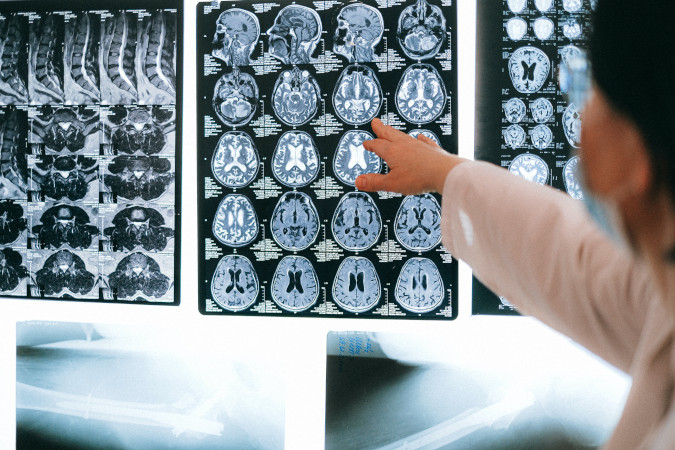
Medical radiation technologists work at hospitals, diagnostic centers, clinics etc. They usually work alone with the patients but sometimes they may be a part of interprofessional team in a hospital setting.
Average Hourly
$36.81
Range Hourly
$31.90 – $47.30
Average Yearly
$71,780
Range Yearly
$62,203 – $92,235
Medical radiation technologists (3215)
Chief radiographer
Diagnostic imaging technologist
Diagnostic medical radiation technologist
Diagnostic radiography technologist
Diagnostic radiological technician
Diagnostic radiological technologist
Diagnostic radiology technologist
Magnetic resonance imaging (MRI) technologist
Magnetic resonance technologist
Mammography technician
Mammography technologist
Medical radiation technologist
Medical radiation technologists supervisor
Medical radiographer
Nuclear magnetic resonance imaging (NMRI) technologist
Nuclear medicine chief technologist
Nuclear medicine clinical co-ordinator
Nuclear medicine clinical instructor
Nuclear medicine supervisor
Nuclear medicine technical co-ordinator
Nuclear medicine technical director
Nuclear medicine technician
Nuclear medicine technologist
Nuclear medicine technologists supervisor
Positron-emission tomography (PET) technologist
Radiographic technologist
Radiography chief technologist
Radiography clinical co-ordinator
Radiography clinical instructor
Radiography supervisor
Radiography technical co-ordinator
Radiography technical director
Radiography technologist
Radiography technologists supervisor
Radioisotope technician
Radioisotope technologist
Radiological technician
Radiological technologist
Radiology technologist
Registered radiology technologist
Registered technologist in nuclear medicine (RTNM)
Registered technologist in radiation therapy
Registered technologist in radiography (RTR)
X-ray (radiology) technician
X-ray machine operator - medical
X-ray technician
High school diploma with at least 75% in Math, English, and Physics
IELTS and prior learning assessments for International students
MRTs are regulated by the Canadian Association of Medical Radiation Technologists and by provincial registering/licensing bodies
Average hourly |
Range hourly |
Average yearly |
Range yearly |
$36.81 |
$31.90 - $47.30 |
$71,780 |
$62,203 - $92,235 |
Lower
Employment outlook is Good to Fair in most provinces. More information is available here.
MRTs can move forward to teaching, information systems and administration with further experience and training. Specialization are possible with further education such as bone densitometry, MRI, CT scan etc.
Programs available at across countries. List of accredited programs can be found here.
Excellent communication skills; teamwork; leadership; time management; medical terminology knowledge; Interest to engage with patients/people and help them; ability to work in stressful situations; emotional resilience; compassion, empathy; detail oriented; reasonable physical strength and stamina
Individuals may continue to postgraduate education into mammography and angiography fields.
Medical radiation technologists may work full-time or part-time hours or on a call-in (casual) basis. Shift schedules may include a combination of day, evening, night and weekend shifts, as well as on-call duty.
These jobs may be physically demanding to some extent as most of the time they may have to be on their feet and help patients onto and off the procedure tables sometimes. They can also be exposed to radiation and biohazardous materials during the job. At times, they may work in emergency conditions.
These jobs may not be regulated in some provinces like British Columbia, but still a certification and registration with CAMRT/provincial certification/registration is required.
Usually following the 2-years diploma in MRT a graduate can do X-ray and fluoroscopy. To be become a CT scan technologist one needs further training and/or certificate on top of MRT degree. Same procedure may apply to mammography (Breast Imaging- Screening [CBIS]) as well.
There is a risk of radiation exposure in this job.
Get admitted into diploma program for medical radiologic technology in an accredited college in Canada. The admission into some colleges maybe competitive and require admission tests.
Complete a two to three-year program in medical radiologic technology with practicum
Write and pass the Canadian Association of Medical Radiation Technologists (CAMRT) examination
Register with an appropriate association or college according to your province, such as Alberta College of Medical Diagnostic & Therapeutic Technologists (ACMDTT), College of Medical Radiation and Imaging Technologists of Ontario (CMRITO), etc.